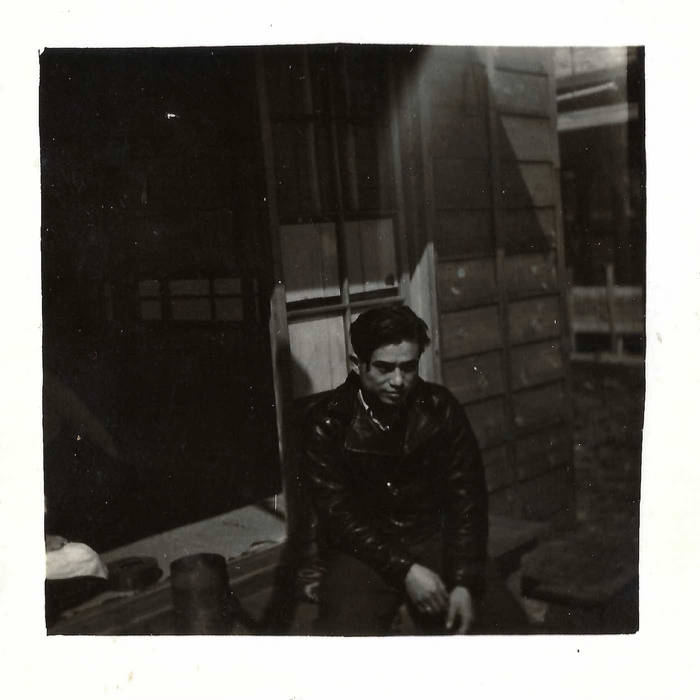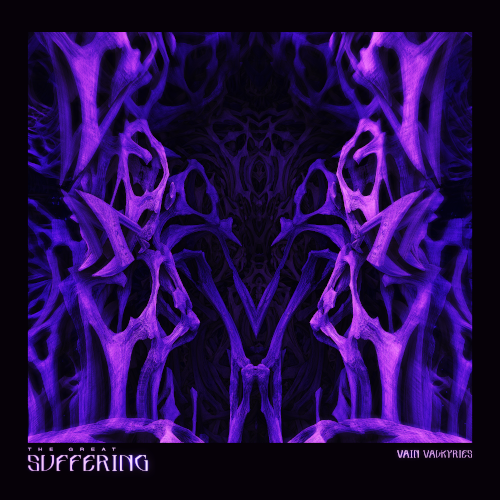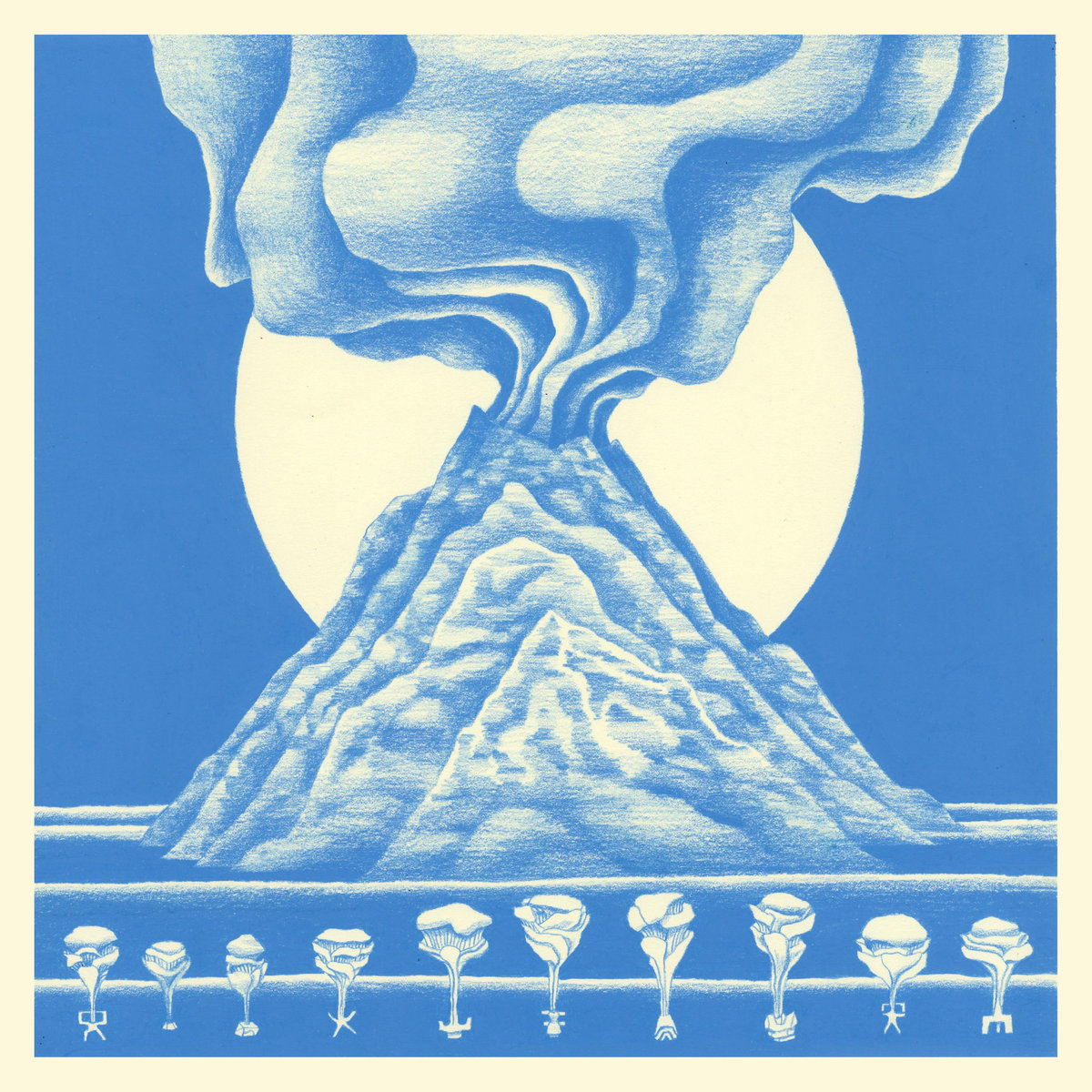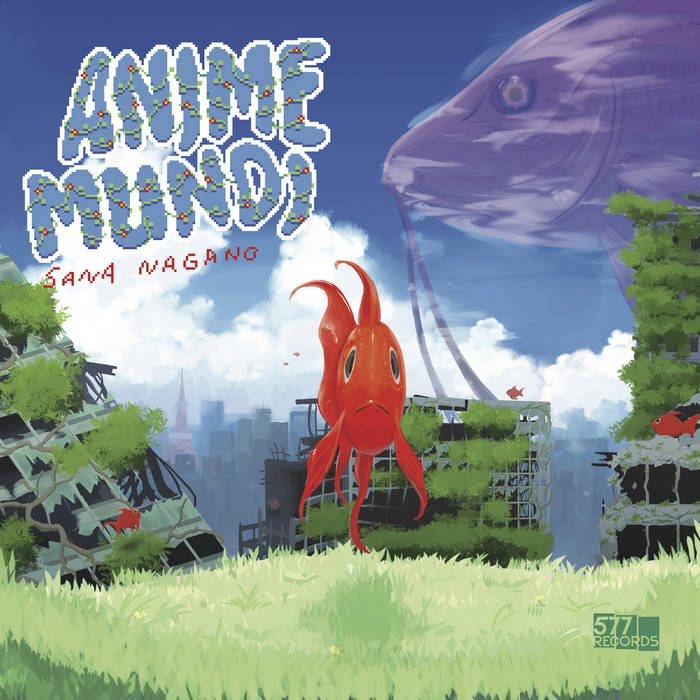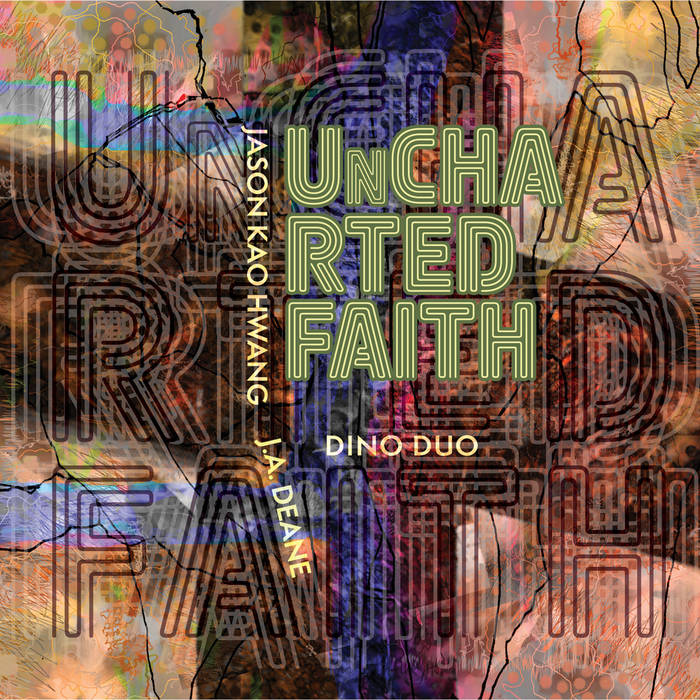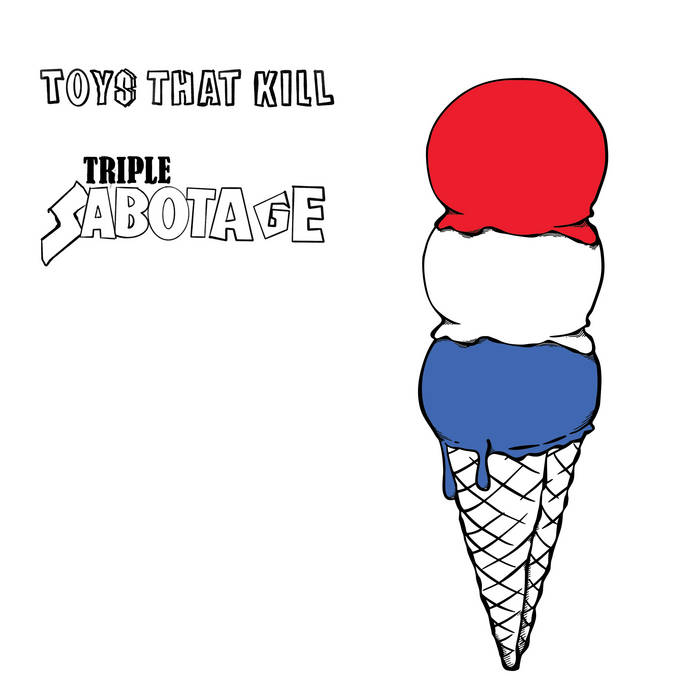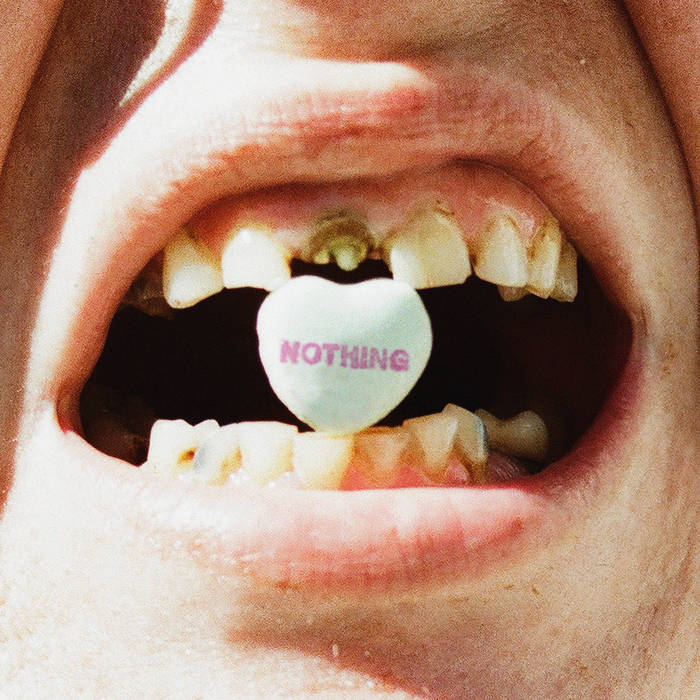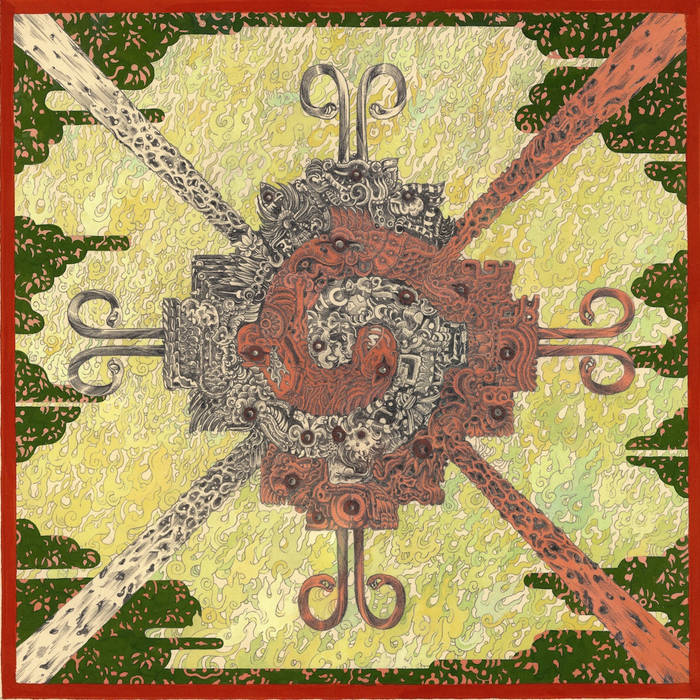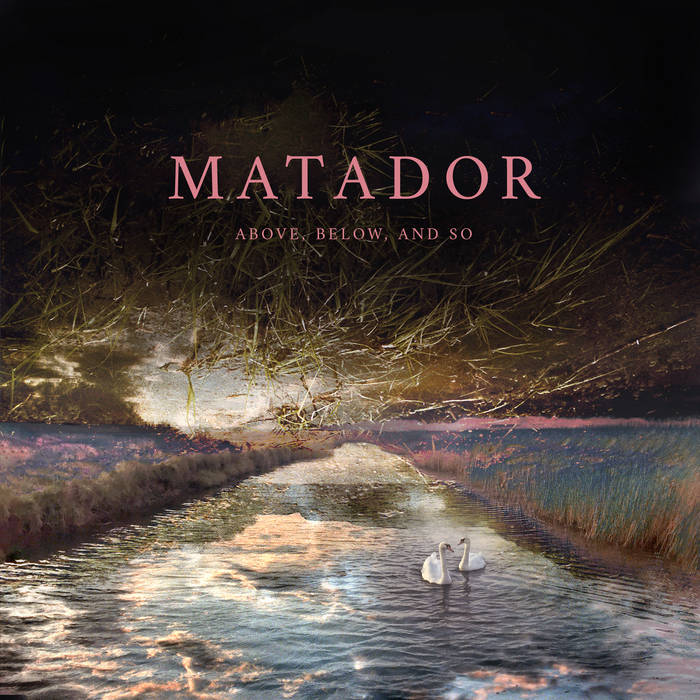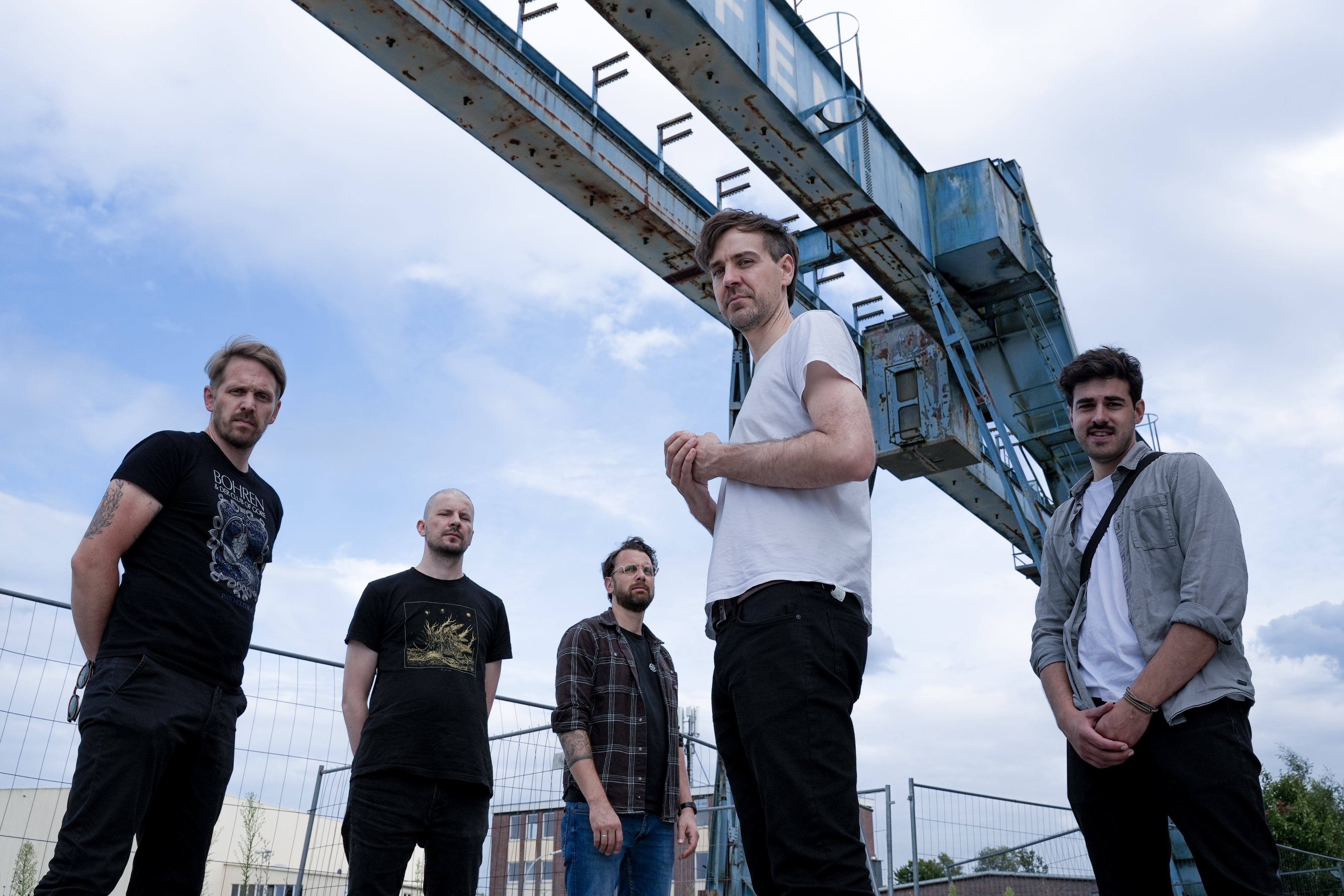No, Executive Order 9066 is not a fictional event of Star Wars, but the very real command of US President Roosevelt on February 19, 1942 to relocate and incarcerate any person from the Pacific Seaboard deemed a threat to national security. Mainly used against all people looking Japanese, it resulted in children growing up in shameful prison camps and a generational trauma of above all American citizens, whose only crime was their “wrong” heritage. With prominent voices like George Takei at the forefront it seems like a broader public conversation about the issue has only just begun in recent years.
As much as families and societies have to face and process dark historical chapters like this, there needs to be art to reflect the matter. Japanese-American saxophonist Patrick Shiroishi has already dedicated several releases of his as experimental as moving solo work to the subject, creating aural pictures of everyday life inside the concentration camps as well as adapting on the more personal experiences of his own grandfather.
In drummer Dylan Fujioka he has found a collaborator with similar ties and the will to pass on the stories of his family. Since 2021 they have been releasing EPs on the anniversary of the signing of Order 9066. The third installment is a master class of thematically driven minimal Free Jazz, which carefully looks inwards in order to all the more convincingly purvey its ideas to the listener.
The opener and longest track “The Divine Wind” starts in almost complete silence. As if you’re slowly getting closer to the crackling embers of a fire, above which the wind is blowing distantly through the chimney, Shiroishi emerges from nothingness with subtle ambient rattling, which very patiently evolves into touching warm melodic ideas, while the drums weave themselves into the narration and eventually take over for a two minutes long solo performance, which is nothing about showing off, but purely develops the flow of the piece as a whole, before the saxophone returns and lies the groundwork for a whole series of different dramatic escalations. In the calm before the final storm, Shiroishi not only blows wind through his horn, but also mournfully sings through it.
The brief track “Birth Light” with its bright bells and high squeaks conveys a completely different atmosphere, light and adventurous, but still with a dark undercurrent, and serves as a bridge to the wilder, much more agitating “Give Us Back The Sun”, which at its noisiest peak even explodes almost expanding towards the edge of Jazzcore with Shiroishi’s screams buried under the music. Yet ultimately No-No 3 ends as it began, with delicate saxophone licks on their own, calming down and laying themselves to sleep in the void.
The whole half-hour long EP succeeds as the ideal manifestation of its genre, in the sense that it never once occurs that you’re urged to focus on meter or any other theoretical musical idea to understand its structure. Instead, all that matters is the combined stroke and voice of the instruments as immediate painters and storytellers, that very naturally breathe life into a conceptual premise. Given a certain basic exposure and habituation to the sound of Jazz in general, there will be hardly any other music speaking to you more directly and nuanced than Shiroishi and Fujioka on this release.
Knowing and recognizing the inspiration behind the work only enhances this experience.
All proceeds of the series go towards the organisation Asian American Advancing Justice. (www.advancingjustice-aajc.org)

